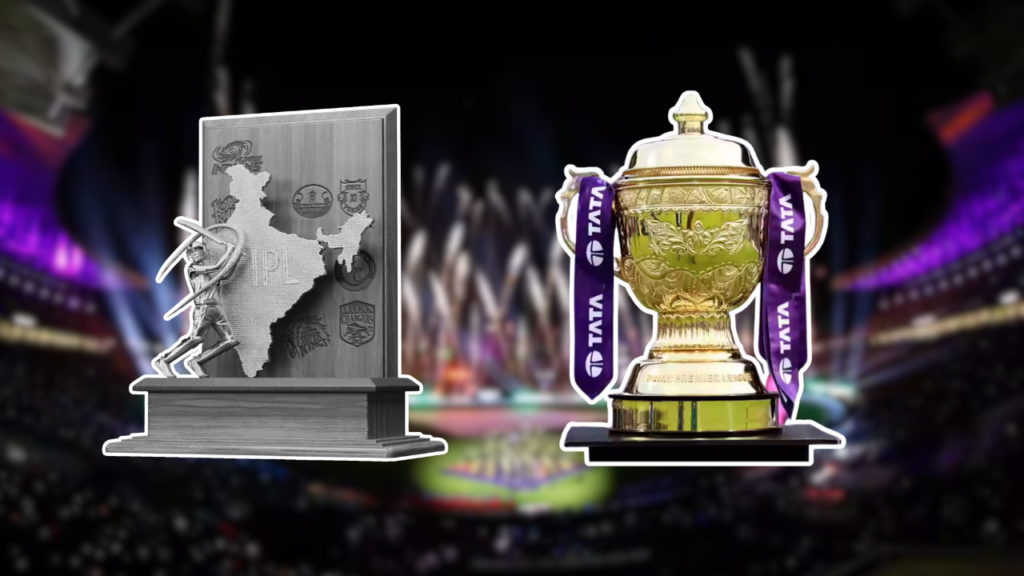
Eighteen years, two countries other than India as the hosts and upheavals in the financial structure of global sports later, the Indian Premier League (IPL) has firmly established itself as a phenomenon. It’s been a runaway success from Day 1 and kept raising the bar, pushing it to unforeseen heights.
Glory, deeds and astronomical sums apart, the IPL has also been a hotbed of controversies. Court cases regarding spot-fixing and betting, high-profile arrests and suspensions, raids on drugs-related binges, failed dope tests, extravagant fancies off the field and the rare instance of a player slapping another on the face on the field of play — this has been a league of its own in many ways.
This is not to undermine the path-breaking changes the IPL has brought about. Nor is it an effort to highlight a dark underside. This enterprise changed cricket. Due largely to the popularity of the IPL and T20s, the International Cricket Council has 108 members. This number is a reason why cricket is a part of the 2028 Olympics. The IPL played an inadvertent and undeniable role in this.
At the same time, while celebrating the 18th anniversary of this epochal event, it’s also possibly worth the while to remember the other asides. These were the unwanted developments, which eventually led to sustained proceedings at the highest level of the Indian judiciary. It saw some lengthy legal procedures. This also resulted in tremendous publicity for the competition. Talk about negative publicity being publicity!
To its credit, the cricket establishment, and others involved including the franchises and the surveillance mechanism, successfully dealt with most of the problems. Gone are the days when the anti-corruption unit with the police in 2017 conducted an armed raid in a room in a Kanpur hotel where two teams were staying and busted a betting syndicate. One doesn’t read or hear about these things in IPL anymore, and the authorities deserve praise for restoring order after the unrest of 2013.
🚨 #RCB COO, #RajeshMenon Exclusive
What makes the ‘RCB brand’ so successful even without an IPL title?
What does #ViratKohli mean to RCB?
What explains the loyal fandom that the franchise enjoys which several other franchises can be envious of?
The importance of @imVkohli,… pic.twitter.com/j43AnKhfDv
— RevSportz Global (@RevSportzGlobal) April 18, 2025
In a lot of ways, the IPL helped the police and intelligence services in India in understanding what the problem is and how to solve it. Neeraj Kumar, the former Commissioner of Police of Delhi and advisor to the Board of Control for Cricket in India’s anti-corruption wing, who led the investigations into the IPL spot-fixing mess in 2013, said that this saga actually benefited the probe agencies.
Kumar said in the past that it was difficult to curb the access and proximity of the unknown elements to the teams during a competition like the IPL. The accreditation control process was not foolproof and it was difficult to keep track of who is getting into the mix, when, and in what capacity. This, he noted, was the trend in several T20 leagues across the world. He was correct. In many countries, these leagues came under scrutiny and illegal practices were detected.
Obviously, the IPL is about a lot else than nefarious activities. It has taught the world how packaging and marketing can elevate a product to unprecedented levels. It has broken barriers in terms of creating new fans and also revolutionised some of the basic tenets of cricket. In batting, bowling and fielding, there have been sweeping changes forced by the IPL and T20s in general.
🚨Swapnil Asnodkar Exclusive
Shane Warne’s charismatic leadership, pink doll, Pakistan players and his firebrand opening – Swapnil Asnodkar, the ‘Goa Cannon’ and the star of the inaugural IPL season, rewinds to 2008 and Rajasthan Royals’ title triumph.@shamik100 @BoriaMajumdar… pic.twitter.com/PkF4sbLweA
— RevSportz Global (@RevSportzGlobal) April 18, 2025
It has also educated the united fandom of cricket about the flip sides of such drastic and rapid progress. Nothing can be perfect and the IPL was not for several reasons. However, it has evolved over the years and transformed into something which others want to emulate. This needed course corrections and lessons learnt had to be put in practice. The establishment has done that.
For someone present at the M Chinnaswamy Stadium on April 18 in 2008 and who witnessed the Brendon McCullum blast, the weird range of incidents that unfolded was bizarre. There were shocks, tremors and nightmares as a reporter at times. Having seen that, it also has to be said that this turbulent newborn called IPL in 2008 has learnt to thrive and shown other sports how to do it. People responsible for setting the house in order deserve compliments for this.



